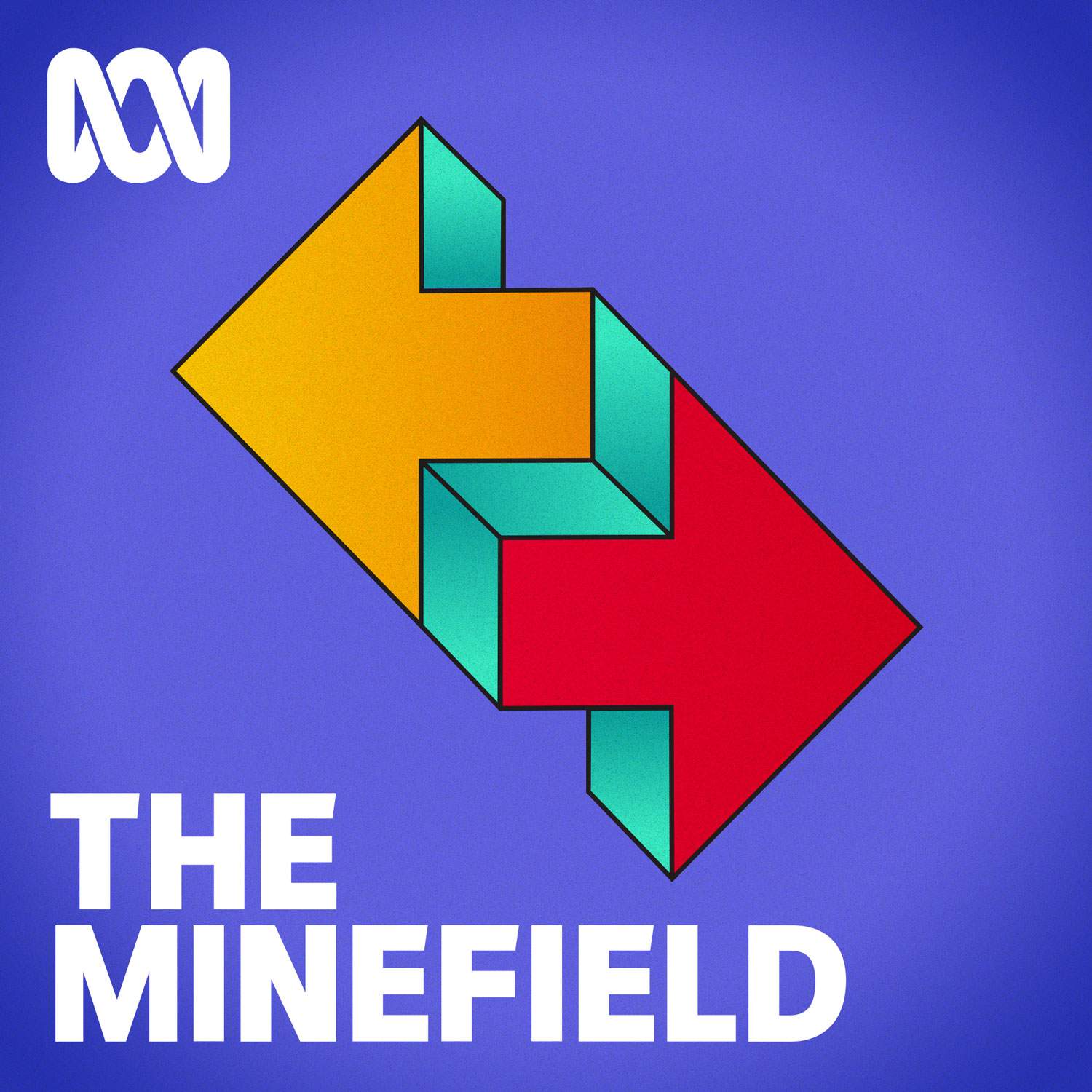

The Minefield
ABC
In a world marked by wicked social problems, The Minefield helps you negotiate the ethical dilemmas, contradictory claims and unacknowledged complicities of modern life.
Episodes
Mentioned books

Sep 13, 2023 • 53min
In a critical age, are we losing the ability to say why we love what we love?
The podcast explores society's focus on criticism over appreciation, delving into the challenge of expressing love genuinely. It discusses the importance of attentiveness in art interpretation and touches on issues like white appropriation in culture. The episode also explores the power of affirmation and worship in a culture saturated with criticism, while examining the essence of progressive and conservative politics.

Sep 6, 2023 • 53min
Facing the darkness: The moral challenge of Goya’s “Saturn devouring his son” (1823)
Spanish painter Francisco de Goya’s depiction of Saturn eating his son is a haunting portrait of lust and the fear of one’s own finitude. Christos Tsiolkas joins Waleed and Scott to look into that darkness, and discover what looks back.

13 snips
Aug 30, 2023 • 53min
When is a referendum an unethical way of resolving a political question?
Celeste Little, an Arunda woman and passionate social commentator, shares her insights on the Voice to Parliament referendum. She dives into how referenda can create a divisive atmosphere, regardless of outcomes. The discussion addresses the ethical complexities of using referenda for political questions, particularly regarding marginalized voices. Little emphasizes the need for genuine representation in these processes, while also confronting Australia's colonial legacy and the impact of fear-driven narratives surrounding constitutional change.

Aug 23, 2023 • 54min
Should climate change make us rethink the ethics of nuclear energy?
Opposition leader Peter Dutton has recently reintroduced the prospect of nuclear power as part of Australia’s commitment to decarbonisation. But what is behind the push for nuclear, and does it make sense in a nation like this?

Aug 16, 2023 • 54min
1 May 1956: Was Elizabeth Anscombe right to charge Harry Truman with murder?
When Oxford University proposed to confer an honorary degree on the man who ordered an atomic bomb to be dropped on Hiroshima and Nagasaki, philosopher Elizabeth Anscombe condemned the decision as “shar[ing] in the guilt of a bad action by praise and flattery”.

Aug 9, 2023 • 59min
8 September 1974: Was Gerald Ford right to pardon Richard Nixon?
When US President Gerald Ford pardoned Nixon of his crimes, did he thereby place the presidency above the law — or did he understand a hard reality about democratic politics that should inform the multiple prosecutions of Donald Trump?

Aug 2, 2023 • 54min
Is there any benefit to boredom?
It is fair to say that boredom is a distinctly modern terror. But, as Stan Grant discusses with Waleed and Scott, what if existential boredom points us to our deeper need?

8 snips
Jul 26, 2023 • 54min
Does AI pose a threat to human life — and if so, what kind?
Philosopher Robert Sparrow from Monash University explores the unsettling impacts of AI on language, knowledge, and human connections. He challenges alarmist views with a focus on the real threats posed by AI's pervasive integration into daily life. Sparrow discusses how AI could commodify language and degrade communication standards, risking authenticity in human expression. He also raises concerns over AI's influence on creativity and genuine relationships, reminding listeners of the value of shared human experiences amidst technological advancements.

Jul 19, 2023 • 54min
Are cluster munitions a “lesser evil” in the war in Ukraine?
Earlier this month, US President Joe Biden made the surprising decision to supply Ukraine with cluster munitions. Does the threat posed by Russia outweigh the moral considerations that place such weapons beyond the pale for many other nations?

Jul 12, 2023 • 54min
Why do we distance ourselves from our age?
Western culture’s association of ageing with decline and obsolescence fuels (and is fuelled by) a desire to dissociate ourselves from our age — but such forms of subtle and overt ageism express contempt for something that is essentially human.


